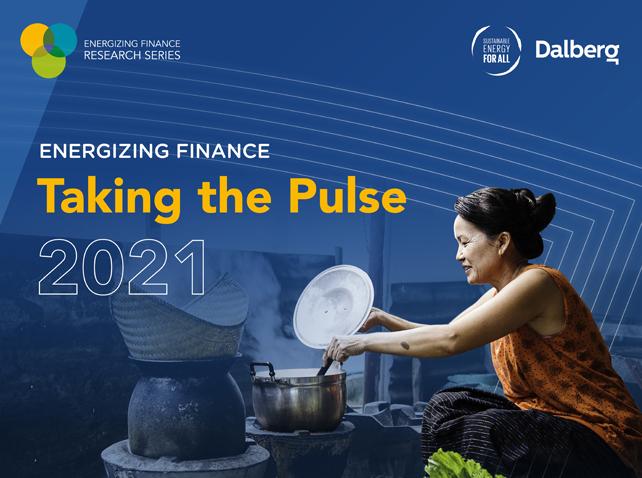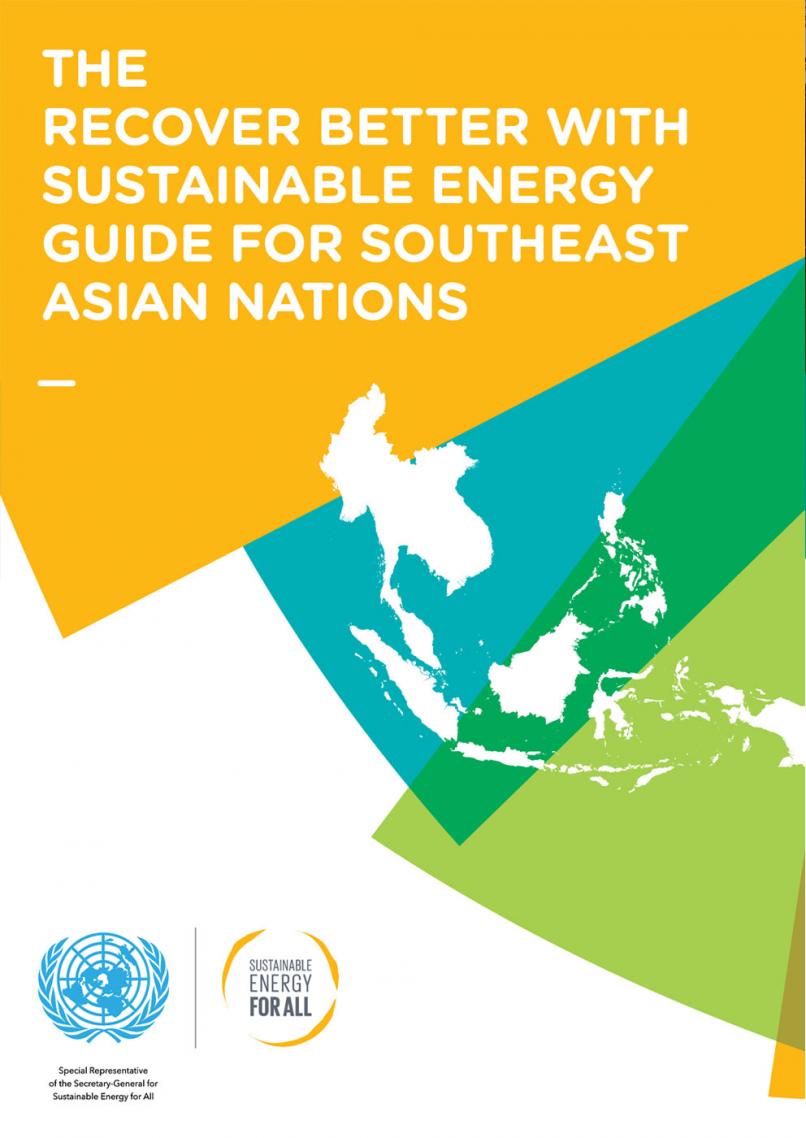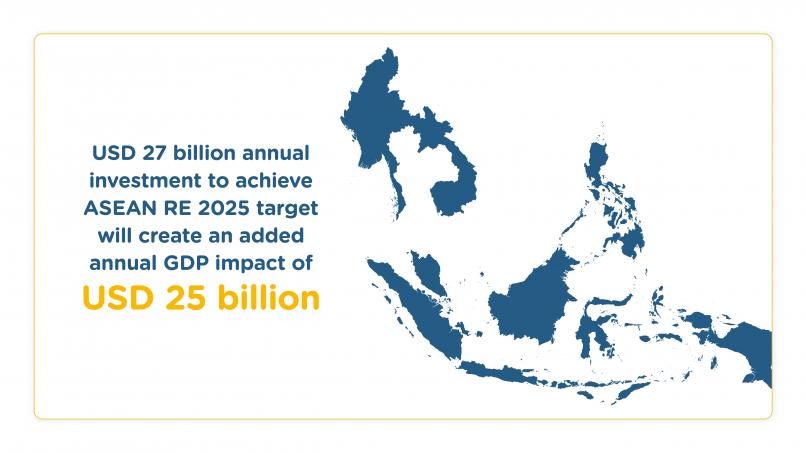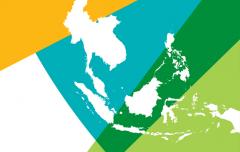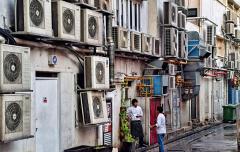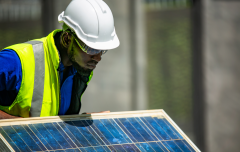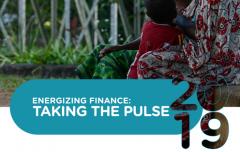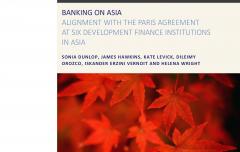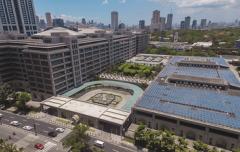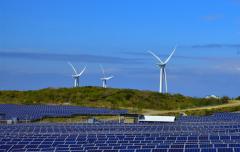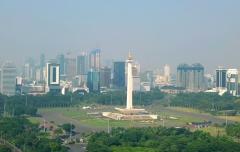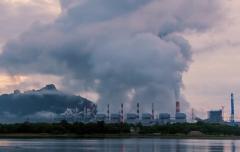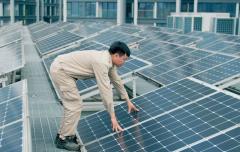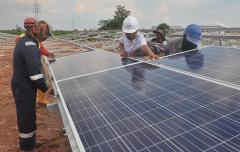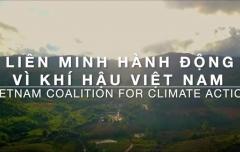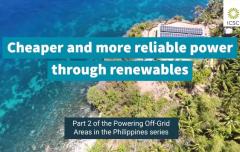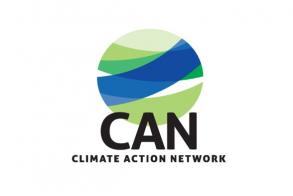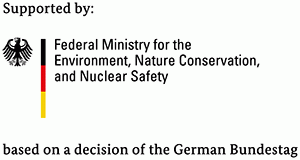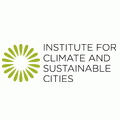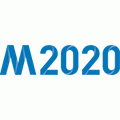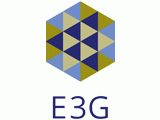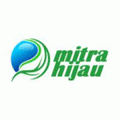Energizing Finance: Taking the Pulse 2021 - Ghana, Mozambique and Vietnam
- Achieving universal Tier 1 electricity and Tier 4 clean cooking access will cost USD 38-48 billion across Ghana, Mozambique and Vietnam; a more incremental pathway of Tier 1 electricity and Tier 2 / Tier 3 clean cooking access will be considerably less costly at USD 2.1 billion
- About USD 1.1 billion will be needed in affordability gap financing across Ghana, Mozambique and Vietnam for Tier 1 electricity and Tier 2 / Tier 3 cooking access.
- Mini-grids will make a relatively small contribution to universal Tier 1 electricity access in the Business-as-Usual scenario.
- Standalone solar solutions will deliver access to all transition households not served by the grid or mini-grids.
About the report
This report updates and extends the biennial Taking the Pulse report, first published in 2017 by Sustainable Energy for All (SEforALL) as part of its Energizing Finance research series.
It seeks to (i) estimate the total volume and type of finance needed by decentralized energy (clean cooking and electricity) enterprises, (ii) estimate unmet finance needs (the affordability gap) for end-use customers, (iii) provide high-level recommendations on the use of funding to unlock private sector capacity and deliver energy access solutions at scale, and (iv) suggest enabling policies and regulations for governments.
Like previous editions, Energizing Finance: Taking the Pulse 2021 relies heavily on an empirically based model to estimate future finance needed in three countries: this year, Ghana, Mozambique and Vietnam, which represent three distinct levels of electricity and clean cooking access and market maturity. The report uses the World Bank’s widely recognized Multi-Tier Framework (MTF) to classify different levels of electricity and clean cooking access for households. For electricity, it measures the gap to achieving universal Tier 1 access; for clean cooking, it estimates the deficit to both universal Tier 2 / Tier 3 levels through industrially manufactured improved cookstoves (ICS) (which rely on traditional biofuels but are cleaner and more efficient than artisanal cookstoves) and Tier 4 modern energy cooking services (MECS) (through liquefied petroleum gas (LPG), ethanol and electricity).
Key findings
Achieving universal Tier 1 electricity and Tier 4 clean cooking access will cost USD 38-48 billion across Ghana, Mozambique and Vietnam. A more incremental pathway of Tier 1 electricity and Tier 2 / Tier 3 clean cooking access will be considerably less costly at USD 2.1 billion. Achieving universal Tier 4 cooking access across all three countries will cost about USD 37-47 billion, depending on the technology used. Achieving universal Tier 1 electricity access by 2030 in Ghana and Mozambique will require about USD 1.1 billion in additional capital.
About USD 1.1 billion will be needed in affordability gap financing across Ghana, Mozambique and Vietnam. Unsurprisingly, given its high poverty levels (46 percent compared with 23 percent in Ghana and 7 percent in Vietnam) (World Bank)), Mozambique will account for the overwhelming share (82 percent) of the need across the three focus countries, mostly to drive standalone solar uptake in poor, rural households. Most of Ghana’s affordability gap financing (92 percent) will be needed in the service of household ICS purchases, with only USD 12 million needed to support standalone solar purchases. Vietnam will require about USD 40 million to support household purchases of ICS solutions.
Mini-grids will make a relatively small contribution to universal Tier 1 electricity access in the Business-as-Usual scenario. They will provide electricity to up to 3 percent of the population in Mozambique and only about 1 percent in Ghana by 2030. High-connection costs (relative to SHSs) combined with a lack of policy and regulatory clarity around licensing, land acquisition, concessions, tariffs, and subsidy schemes, limit private participation in mini-grids.
Standalone solar solutions will deliver access to all transition households not served by the grid or mini-grids. Achieving this will require a substantial increase in public and private financing above current levels, especially in Mozambique.
Recommendations
| COUNTRY | MAIN RECOMMENDATIONS |
| Ghana |
Electricity
Clean cooking
|
| Mozambique |
|
|
Vietnam |
|
| Cross-cutting |
|
